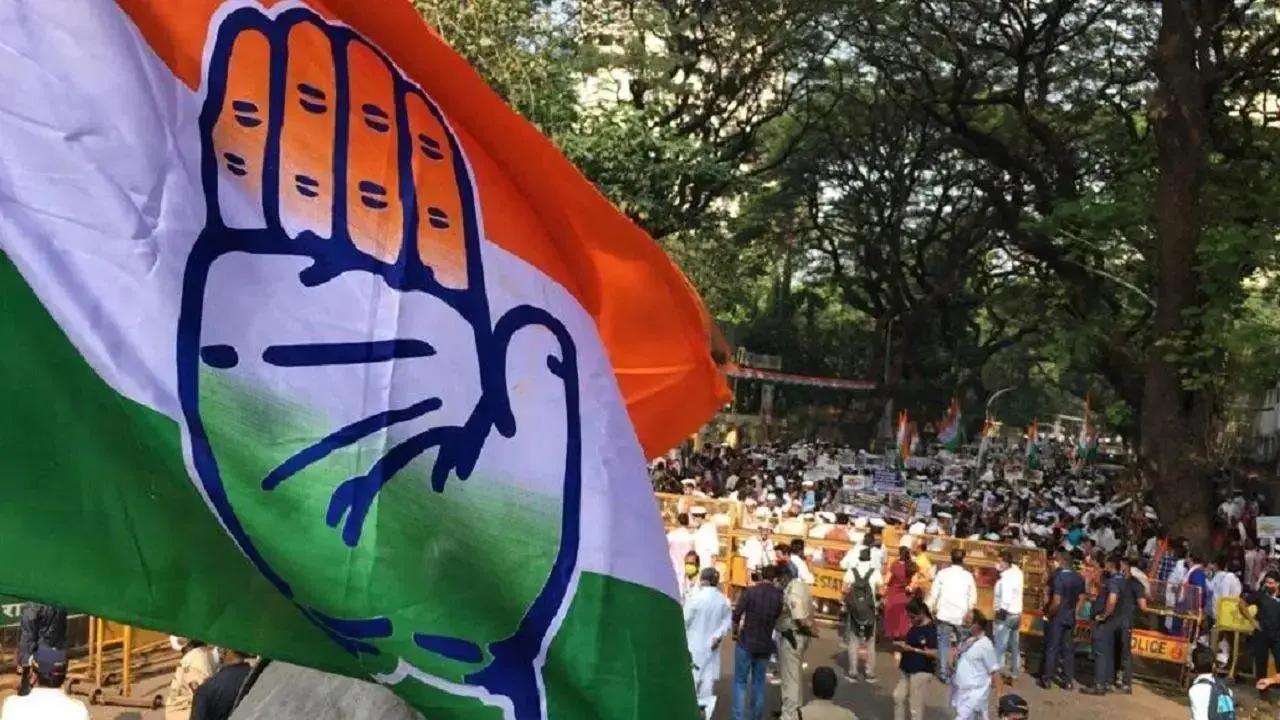The Indian National Congress (INC) is a prominent and diverse political party in India, with a rich history spanning back to its formation in December 1885

Representational Picture
The Indian National Congress (INC) is a prominent and diverse political party in India, with a rich history spanning back to its formation in December 1885. Originally established as a moderate force advocating reform within the British colonial framework, the Indian Nation Congress gradually evolved into a dominant player in the Indian independence movement and post-independence politics.
ADVERTISEMENT
Pre-independence period
In its early years, the Indian National Congress focused on moderate reform resolutions, but the party's stance began to shift due to the escalating poverty under British rule. By the early 20th century, the Indian National Congress's Home Rule wing gained influence, appealing to diverse social classes. Led by figures like Bal Gangadhar Tilak and Annie Besant, this wing endorsed swadeshi, urging Indians to boycott British goods.
Under the leadership of Mohandas (Mahatma) Gandhi in the 1920s and '30s, the Indian National Congress adopted nonviolent noncooperation as a strategy, responding to the perceived inadequacy of constitutional reforms and the infamous Amritsar massacre in 1919. The Salt March in 1930, led by Gandhi, became a symbol of civil disobedience.
World War II and independence
The outbreak of World War II in 1939 led to tensions as Britain declared India a belligerent without consulting Indian councils. In response, the Indian National Congress declared that India wouldn't support the war until granted complete independence. The Quit India movement in 1942 marked a mass civil disobedience campaign.
Post-war, the British government passed an independence bill in July 1947, and India gained independence in August 1947. The INC played a pivotal role in shaping the country's destiny.
Post-independence leadership
Jawaharlal Nehru dominated the Indian National Congress from 1951 until his death in 1964. The party, under Nehru's leadership, won significant victories in the 1951–52, 1957, and 1962 elections. After Nehru, Lal Bahadur Shastri and later, Indira Gandhi (Nehru’s daughter), assumed leadership.
In 1969, Indira Gandhi faced internal revolt but led the New Congress Party to a landslide victory in the 1971 elections. In the mid-1970s, the party faced fractures, and Gandhi's government turned increasingly authoritarian.
Also read: Congress party formation 2023: Honouring party's role in India's freedom struggle
Post-1977 period and policy shifts
The Congress Party suffered a significant setback in the 1977 elections, losing to the Janata Party. Indira Gandhi formed a new party, Congress (I), and staged a comeback in 1980. The 'I' was later dropped in 1996.
Post-1991, the party faced challenges as P.V. Narasimha Rao embraced economic liberalization, departing from historical socialist policies. The party's image suffered due to corruption allegations.
Sonia Gandhi and recent years
Sonia Gandhi assumed leadership in 1998 after the party's poor performance. The party's fortunes fluctuated, with Sonia leading the party to victory in 2004, surprising many. In 2014, however, the Indian National Congress faced a significant electoral defeat, and Rahul Gandhi assumed leadership.
Rahul Gandhi stepped down after the 2019 elections, and Sonia Gandhi returned to lead temporarily. In 2022, Mallikarjun Kharge succeeded Sonia Gandhi.
Policy and structure
The Congress Party traditionally supported socialist economic policies and secular principles. However, in the 1990s, it endorsed economic liberalization. The party has been organized hierarchically, with influential committees like the Congress Working Committee.
Despite its historical prominence, the Congress Party faced challenges in recent years, necessitating internal restructuring and adaptation to evolving political landscapes.
 Subscribe today by clicking the link and stay updated with the latest news!" Click here!
Subscribe today by clicking the link and stay updated with the latest news!" Click here!







